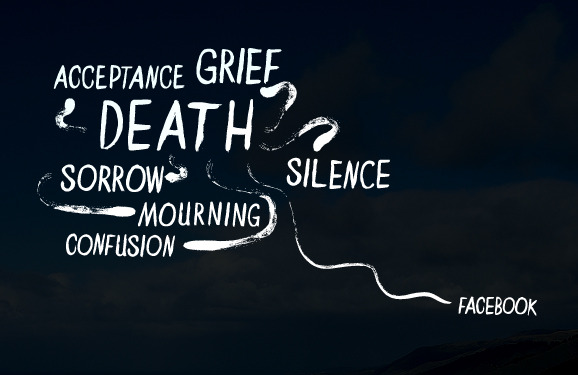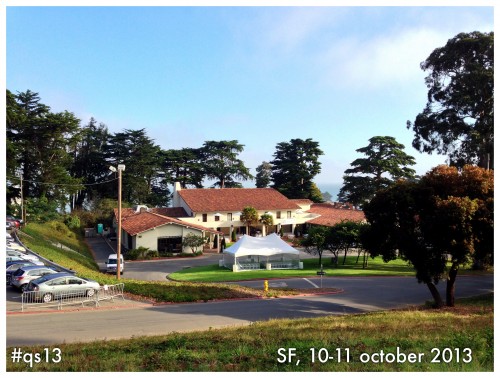Hello, Cyborgology…it’s been a while. I’ve missed you, but I haven’t quite known what to say. Which is weird, right? Strangely enough, I’ve got half a dozen half-finished posts on my computer—twenty-thousand someodd words of awkward silence waiting to be wrapped up and brought into the world.
Writer’s block happens to the best of us, or so I’m told. What’s been strange for me is looking back and realizing that the last thing I posted was my piece from the beginning of #ir14, the 14th Annual Conference of the Association of Internet Researchers. I say “strange” because I had an amazing experience at #ir14, and left it feeling so excited about my field and my work and what I imagine to be possible. And yet, in the two months since, something’s been off. I’ve managed to submit to a couple of important abstracts, and I continued sitting in on a really cool seminar, and I’ve plunged into the work of helping to organize this year’s Theorizing the Web (a conference about which I’m passionate, to say the least). But my words went somewhere, have been gone.
I realized recently, however, that it’s not about some kind of post-#ir14 crash. It’s actually about what happened after.








